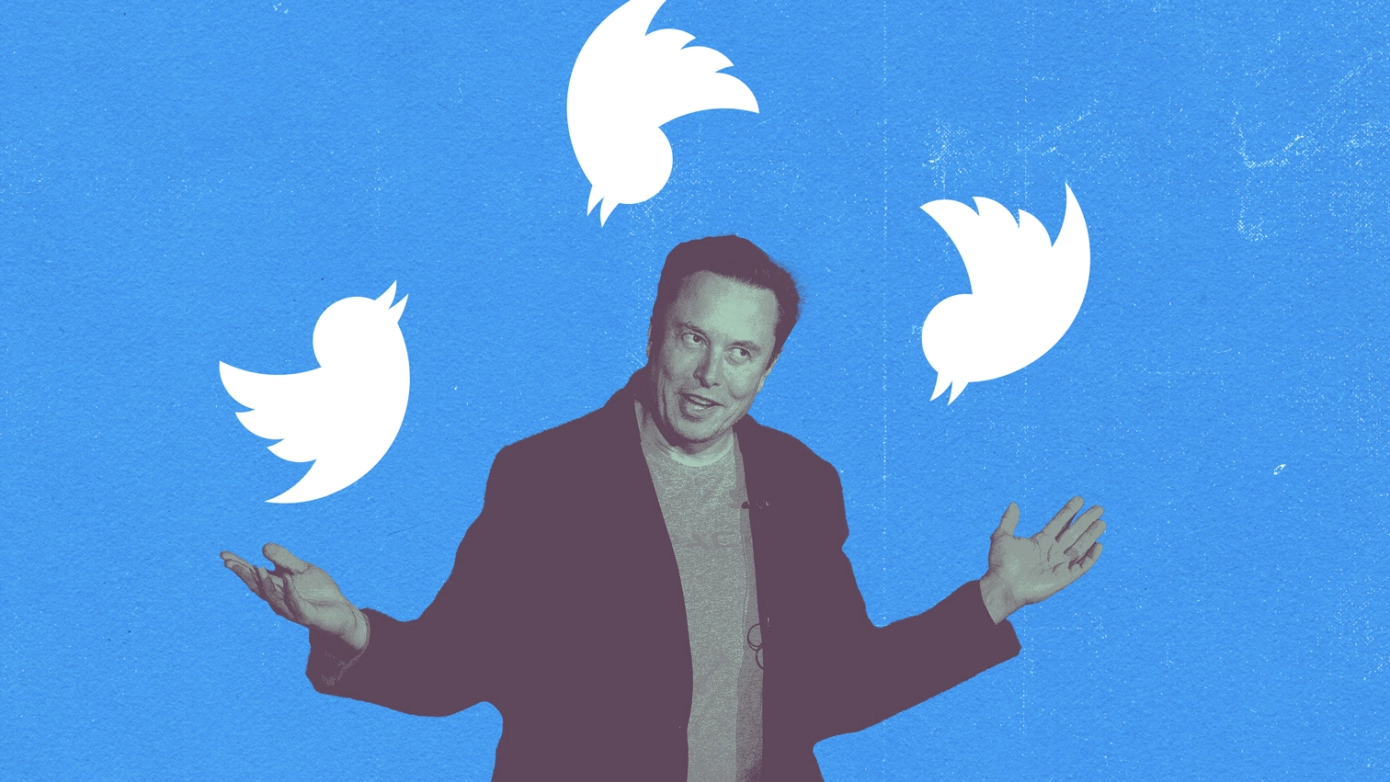Opinion
Microsoft kicks Twitter in the teeth

Microsoft is dropping Twitter from its advertising platform next week, nearly two months after Twitter announced that it will begin charging a minimum of $42,000 per month to users of its API, which include enterprises and research institutions.
Users began receiving emails about its new pricing details in early March, per a Wired report that observed at the time that the new pricing scheme “prices out nearly everyone.”
With its $2.15 trillion market cap and roughly $100 billion cash on hand at the end of last year, Microsoft obviously has the money to pay Twitter what it wants, so the move appears to be a bit of a statement, even as Microsoft is declining to elaborate further about its decision.
Specifically, what it told its customers today is that, “Starting on April 25, 2023, Smart Campaigns with Multi-platform will no longer support Twitter,” and that “Digital Marketing Center (DMC) will no longer support Twitter starting on April 25, 2023.”
The moves mean users will no longer be able to access their Twitter account, or create, schedule or otherwise manage tweets through Microsoft’s free social media management service.
As Mashable notes in a related report, companies that use Microsoft Advertising will still be able to manage and create content for Facebook, Instagram and LinkedIn through the platform.
Unsurprisingly, Twitter owner Elon Musk finds the move galling, even threatening today on Twitter to take legal action.
Apparently referring to Microsoft’s licensing arrangement with the AI outfit OpenAI — which trained its powerful AI models on a “vast corpus of diverse text data from the internet,” per OpenAI’s own popular chatbot ChatGPT — Musk tweeted today of Microsoft’s decision, “They trained illegally using Twitter data. Lawsuit time.”
There is reason for some animus between Microsoft and Twitter. In addition to striking a licensing arrangement with OpenAI, Microsoft has invested many billions of dollars into OpenAI, which Musk co-founded in 2015 and left several years later. He has periodically bashed it since, including on Twitter. He also more recently announced he was planning a rival initiative.
Either way, the move comes at a lousy time for Musk, who has been more actively working to win over advertisers after reportedly losing more than half of Twitter’s top 1,000 advertisers following his takeover of the platform in late October.
Just yesterday, he sat onstage in Miami with the chairman of global advertising and partnerships at NBCUniversal, reportedly saying during the interview that he is open to hearing legitimate concerns advertisers might have about Twitter but stressing he won’t make changes he doesn’t believe in.
Meanwhile, asked on Twitter today about Musk’s decision to charge so much for Twitter’s API access — one entrepreneur with his own controversial past noted that “in some cases,” the move is killing traffic to Twitter from outside sources — Musk responded, “I’m open to ideas, but ripping off the Twitter database, demonetizing it (removing ads) and then selling our data to others isn’t a winning solution.

